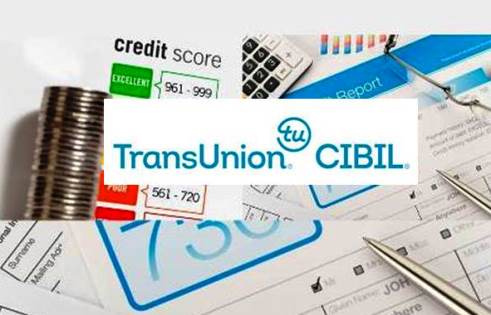 Harshala Chandorkar, COO at TransUnion Cibil, recently spoke to the Economic Times of India about how Cibil keeps the financial system well-oiled. Here are the edited excerpts from the interview:
Harshala Chandorkar, COO at TransUnion Cibil, recently spoke to the Economic Times of India about how Cibil keeps the financial system well-oiled. Here are the edited excerpts from the interview:
Credit information bureaus are the silent operators in the financial system. They help lenders make money by avoiding giving money to borrowers without good credentials
Bankers say that retail is far superior to wholesale partly due to companies like yours – credit information bureaus. What did you do?
After the 2008 crisis, delinquencies in retail loans shot up and a lot of banks stopped lending to retail, credit card portfolio shrunk significantly and credit limits got reduced substantially. After that banks started using credit bureau reports in their credit appraisals and today almost no lending happens without checking credit bureau reports. It gives a complete picture to the institution of loans taken by an individual. It helps them to know whether a borrower is paying back, clearing credit card dues in time. Now pages of such reports have got translated into one score.
What happened in retail that did not happen in corporate loans?
The reports are available. But there are other parameters too. It is more of a consortium kind of lending. They will look at the industry the borrower is in, government compulsions in terms of lending in that sector. Credit report plays a small role when a large corporate is being evaluated. It also took us time to collect data pertaining to commercial loans in terms of coming up with value added products. Last year we came up with ‘Cibil Rank’— a product to help banks take a score-based decision to lend to MSME borrowers, an entity which borrows from Rs10 lakh to Rs 10 crore. But for large corporates, a credit bureau score plays an insignificant role in making a loan decision.
Does that mean that when it comes to retail loan defaults, banks are quick to report, but when it comes to corporate loans, they do not?
Reporting happens. The way reporting of a consumer loan happens on a monthly basis, corporate loan reporting is done in the same way. The corporate format is a little bit complicated. It is just not information on the corporate alone. We also look for director information, partner information and also information on subsidiaries and associate or holding companies. In the initial years, it took more time to submit the data. But at this point in  time, the reporting is taking place. We have not seen that they have been lax in giving the data. But from the usage perspective, this plays a minor role as far as large corporates are concerned.
time, the reporting is taking place. We have not seen that they have been lax in giving the data. But from the usage perspective, this plays a minor role as far as large corporates are concerned.
Source: Economic Times






















